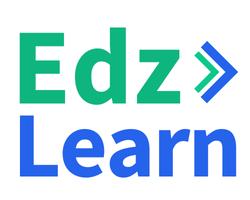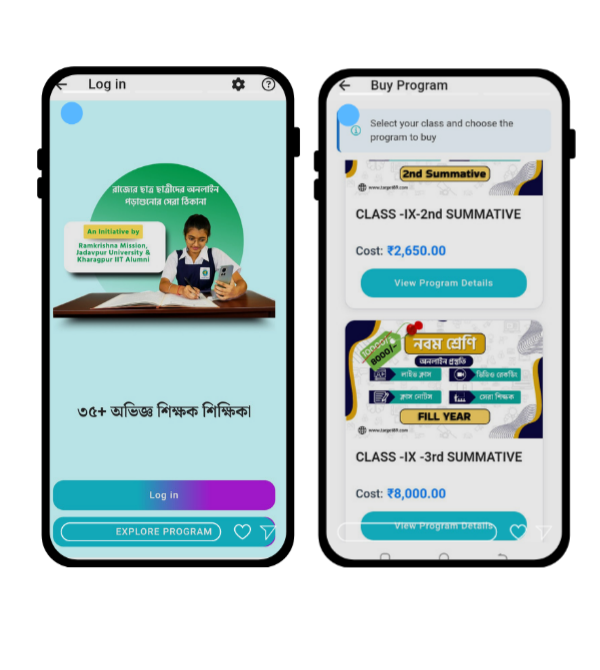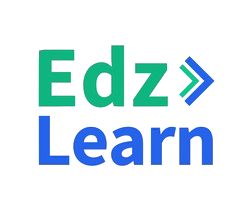AI-Powered Personalized Learning
One of the most significant impacts of AI in education is its ability to deliver personalized learning experiences tailored to the needs and preferences of individual learners. By analyzing vast amounts of data, including learning styles, interests, and performance metrics, AI algorithms can recommend customized learning paths, content, and activities that optimize learning outcomes.Adaptive Learning Platforms
AI-driven adaptive learning platforms are reshaping the traditional classroom model by providing personalized instruction and support to students. These platforms dynamically adjust the difficulty level of content based on individual learner progress, offering additional resources or interventions when needed. By adapting to each student’s pace and proficiency, adaptive learning platforms ensure that every learner receives the support they need to succeed.Intelligent Tutoring Systems
Intelligent Tutoring Systems (ITS) harness the power of AI to provide personalized, one-on-one instruction to students. These systems use natural language processing, machine learning, and cognitive modeling techniques to simulate the interaction between a human tutor and student. By providing immediate feedback, guidance, and remediation, ITS help students master complex concepts and achieve better learning outcomes.Data-Driven Decision Making for Educators
AI enables educators to make informed decisions by providing valuable insights and analytics into student performance, engagement, and learning patterns. By analyzing data from various sources, including assessments, quizzes, and learning activities, AI algorithms can identify trends, detect areas for improvement, and inform instructional strategies. This data-driven approach empowers educators to tailor instruction to meet the diverse needs of their students effectively.Automating Administrative Tasks
AI streamlines administrative tasks and reduces the burden on educators by automating routine processes such as grading, scheduling, and course management. Natural language processing and machine learning algorithms enable AI-powered tools to analyze and interpret student responses, grade assignments, and generate personalized feedback automatically. This frees up valuable time for educators to focus on teaching, curriculum development, and student support.Conclusion: Embracing the Future of Education with AI
Artificial Intelligence is revolutionizing education by unlocking new possibilities for personalized learning, adaptive instruction, and data-driven decision-making. As AI continues to evolve, its impact on Edtech solutions will only grow, transforming the way we teach and learn in the digital age. By embracing the potential of AI, educators and learners alike can unlock new opportunities for innovation, collaboration, and lifelong learning. Together, let’s harness the power of AI to create a brighter future for education.













